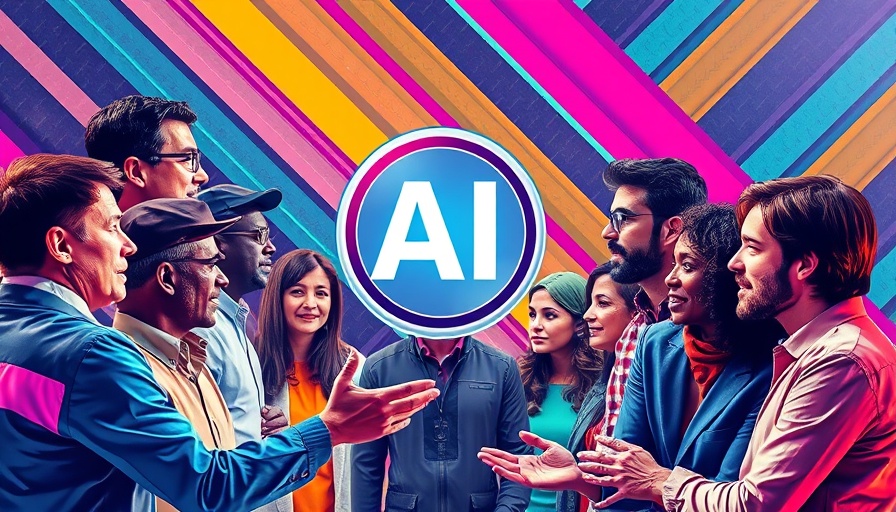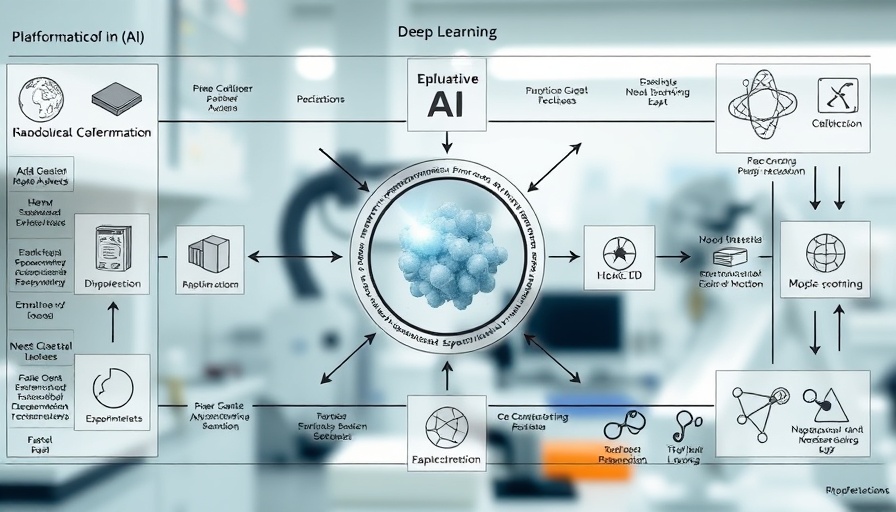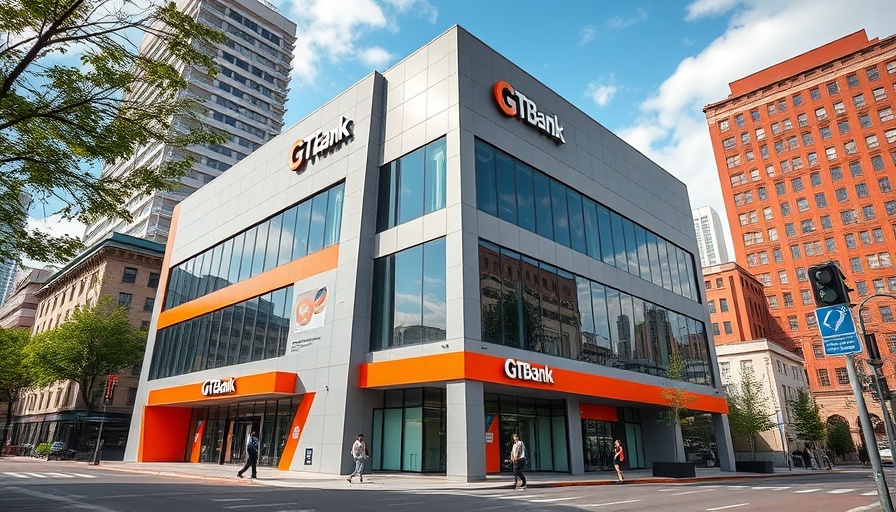
Unpacking the AI Boom: A Week of Intense Deal-Making
The whirlwind of activity surrounding artificial intelligence (AI) over just 96 hours has proven to be a significant turning point for the tech industry, marking rapid advancements that may define the future of various sectors. In a span of just four days, multiple companies have engaged in high-stakes negotiations, resulting in a flurry of acquisitions, partnerships, and major investments. This strategic maneuvering has left many industry experts buzzing with anticipation, wondering about the broader implications for businesses and consumers alike.
Historical Context of AI’s Rise
The recent vigor in AI deal-making isn’t just a flash in the pan; it's the culmination of years of groundwork. The interest in AI technology began escalating several years ago, with initial strides made by companies like Google and IBM. Yet, the past year has seen an unparalleled surge in momentum, driven by advancements in machine learning and natural language processing. This historical context helps to understand why the recent 96 hours were so crucial in setting a new trajectory for AI applications.
The Implications for the Tech Landscape
This onslaught of high-profile deals signals a shift in the competitive landscape. Companies are aggressively acquiring AI capabilities to enhance existing products or create groundbreaking new services. For instance, as firms recognize the potential of AI to automate processes and drive efficiencies, they are motivated to secure partnerships with leading tech innovators. This could lead to transformed sectors, from manufacturing to health care, responding to fast-evolving consumer demands.
How this Affects Startups and Smaller Players
The recent flurry of deal-making also casts a long shadow over smaller startups. With major players rapidly consolidating and building extensive AI portfolios, the competition heightens for emerging firms. Yet, this heightened interest in AI can present opportunities for startups that innovate creatively and differentiate themselves within niche markets. Every rapid boom brings risks and rewards, and navigating this environment will require ingenuity.
Future Predictions: Where Does AI Go From Here?
Looking ahead, the implications of these deal dynamics could be profound. Analysts predict that we may soon witness a wave of disruption in traditional business models, as AI continues to penetrate various aspects of life. Investments in AI technologies are expected to focus on enhancing user experience, tailoring offerings, and streamlining operations. The challenge will be balancing innovation with ethical considerations, as the rapid progress poses potential risks related to privacy and security.
The Broader Societal Impact of AI Deals
Beyond the tech industry, the broader societal implications of these developments cannot be ignored. As AI technologies become ubiquitous, there will be significant shifts in job landscapes, requiring workers to develop new skills. Developing a workforce adept at integrating and managing AI technologies will be vital to maintaining competitiveness. Policymakers and industry leaders must collaborate to ensure these advancements benefit society as a whole, rather than disproportionately impacting certain groups.
Concluding Thoughts: Navigating the AI Surge
The recent spate of AI deal-making encapsulates both excitement and uncertainty. Each acquisition, investment, or new partnership is a step further into a future dominated by artificial intelligence. As we stand on the precipice of this evolving era, stakeholders across industries must remain agile and informed. Building innovative frameworks for engagement in this new landscape will determine who thrives in the next generation of technology. While the journey ahead is unpredictable, it is undoubtedly promising.
 Add Row
Add Row  Add
Add 




 Add Row
Add Row  Add
Add 
Write A Comment